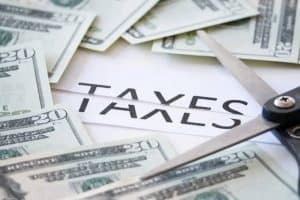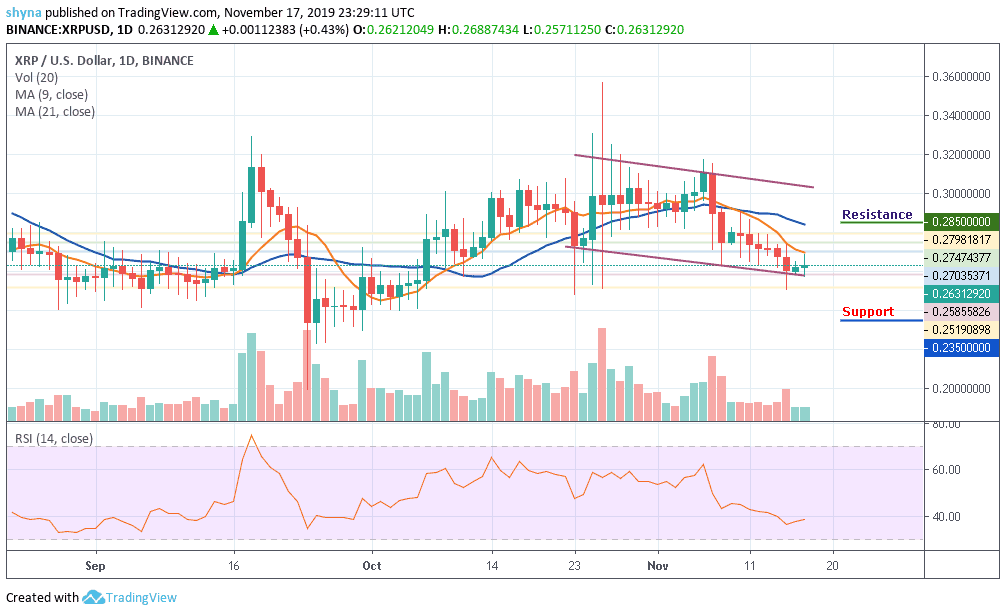Join Our Telegram channel to stay up to date on breaking news coverage
Investigators from the United States Internal Revenue Service (IRS) have begun to open inquiries to the operation of Bitcoin ATMs and kiosks, as suspicions of the illicit use of these services have drawn their eyes. On November 15, news medium Bloomberg Law reported that John Fort, the Head of the IRS’ criminal investigation division, confirmed the reports, adding that they are interested in finding out how these services could be connected to illegal transactions.
“In other words, if you can walk in, put cash in and get Bitcoin out, obviously we’re interested potentially in the person using the kiosk and what the source of the funds is, but also in the operators of the kiosks,” the investigation boss reportedly added.
Data from Coin ATM Radar shows that there are currently 4,129 Bitcoin ATMs in the United States, while Bloomberg Law further clarifies that there is currently at least one of these devices in every major city. As Fort puts it, these devices are becoming a part of the U.S. financial system, and it is important that they conform to the country’s Know Your Customer security standards an Anti-Money Laundering regulations as well.
I'm really glad the IRS is investigating compliance issues for Bitcoin ATMs because that's definitely a critical regulatory priority for an agency with limited manpower that barely understands forks.
— Zack Voell (@zackvoell) November 16, 2019
More policy work to be done
The investigations into ATMs and kiosks is the latest in the attempts of the IRS to regulate cryptocurrencies and bring them under existing tax frameworks. On October 9, the tax authority published Revenue Ruling 2019-24, taxation guidance, which addresses how taxes on crypto transactions are to be remitted.
However, while this was a step forward, it was quickly pointed out that the document had several loopholes. Of particular interest was the fact that the IRS seemed not to understand the concept of airdrops and hard forks. The guidance inferred that some hard forks could include airdrops, when the two events are actually mutually exclusive. The distinctions generally don’t matter from a policy standpoint, but a lack of understanding from the tax watchdog seemed rather troubling nonetheless.
I'm really glad the IRS is investigating compliance issues for Bitcoin ATMs because that's definitely a critical regulatory priority for an agency with limited manpower that barely understands forks.
— Zack Voell (@zackvoell) November 16, 2019
Then, there was a depressing idea that the IRS wouldn’t be creating taxation clarty below a certain threshold. Essentially, this means that certain retail purchases wouldn’t be put under tax cover, a notable difference from Notice 2014-21, where the purchases of goods and services were deemed taxable.
Regulations could be coming
Regardless, it is admirable that the agency is turning its attention to ATMs as well. There have been several reports about these devices being used for illicit transactions, especially as money laundering tools by criminals on the Dark Web, who get paid in crypto.
It could also prove to be a precursor to the proper regulation of these devices, a feat which several states have been able to achieve already. On August 28, the Financial Institutions Division of the Department of Business and Industry (NFID), the state financial regulator of Nevada, announced that it would be regulating Bitcoin ATMs and kiosks.
“Over time, the NFID has monitored the growth and expansion of the blockchain, Bitcoin, and virtual currency industries,” the statement reads, adding that anyone who wants to issue ATMs or kiosks will need to contact the regulator for a license.
Join Our Telegram channel to stay up to date on breaking news coverage


